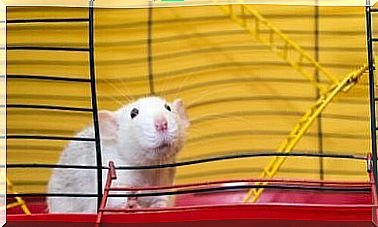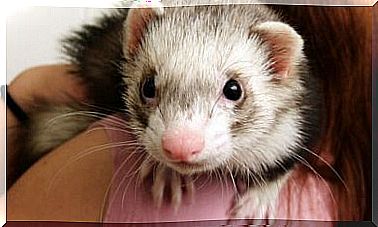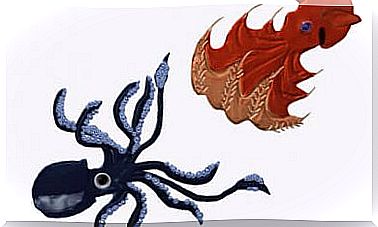Diseases Of Cats: Some Symptoms

Cats can experience various health problems. Many cat diseases are easily preventable, while others are inherited. Below we will talk about some of the most frequent problems these felines are subject to.
Some problems and symptoms
Hairballs: this is one of the most common problems. When cats lick each other, they swallow part of the fur, sometimes it accumulates inside the stomach, forming small pellets. Cats usually throw them up, but don’t be scared, it’s completely normal.
Worms : Cats often get infested with them. One of the symptoms of this disease is weight loss and vomiting. If this is what is happening to your cat, you should take him to the vet. Parasites are treated with pharmacological treatments, if you do not intervene your friend could face serious health problems.
Diarrhea : It is not a disease in itself, but a symptom of something wrong with the cat’s health. It could be a minor problem or something more serious. So to be on the safe side it is always advisable to consult your vet.
Urinary tract infection: This is another common health problem in cats. It can occur in both males and females, although males are more prone to it.
Common diseases
Fleas : they feed on your cat’s blood, causing him a lot of discomfort. A serious infestation can lead to malaise and anemia.
Kidney disease: Kidney failure is the most common cause of death in adult cats. A long-term dry food diet can cause this disease. One of the symptoms is a tendency to drink a lot of water.
Conjunctivitis : inflammation of the membranes of the eyes is a recurring disease, often the problem comes and goes. How to realize this? The eyes are red, swollen and watery.
Feline Flu : This is the generic name given to viral infections of the upper respiratory tract in cats. It is a common disease and can be fatal for both puppies and adult cats.
Stress : Cats are very sensitive creatures and prone to stress. The stressed cat may exhibit loss of appetite, excessive meowing, and a tendency to hide.
Feline Immunodeficiency Virus : Decreases the immune system’s ability to fight infections. Cats with FIV may also have no symptoms for years. It leads to other diseases, such as oral infections, upper respiratory tract infections, weight loss, ear infections, kidney diseases and many more. The virus is spread through saliva, usually from another cat’s bite during a fight.
Feline leukemia. Until recently it was the most common fatal disease among cats, however if vaccinated, the chances of contracting it are almost nil.
Lyme disease : If your cat lives outdoors, check regularly for ticks. If you spot one on your four-legged friend’s body, consult your vet to ward off Lyme disease. This disease is transmitted to people and animals through ticks. Symptoms include lethargy, reluctance to climb stairs, limp or loss of appetite. The key to dealing with this disease is prevention: early detection and timely treatment.
Toothache in cats : the first symptom is reluctance to eat, as the slightest pressure exerted on the tooth will be very painful. The cat will go so far as to refuse food. So always check your friends’ teeth and brush their teeth regularly.
Halitosis : Even if a cat’s breath is not the best smell in the world under normal circumstances, you will certainly notice if the cat has bad breath. It may be an indication of some other health problem, so consult your veterinarian.









